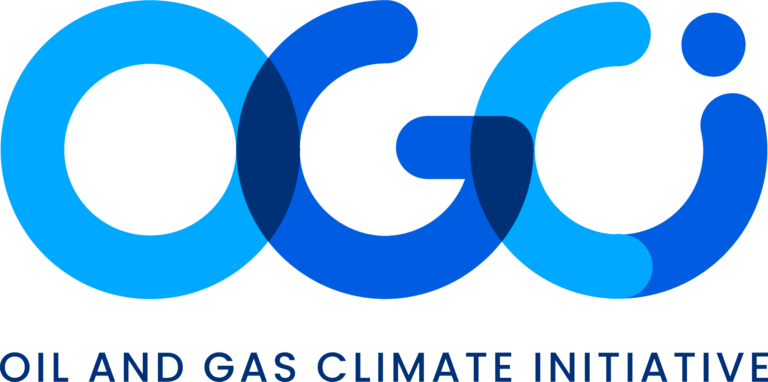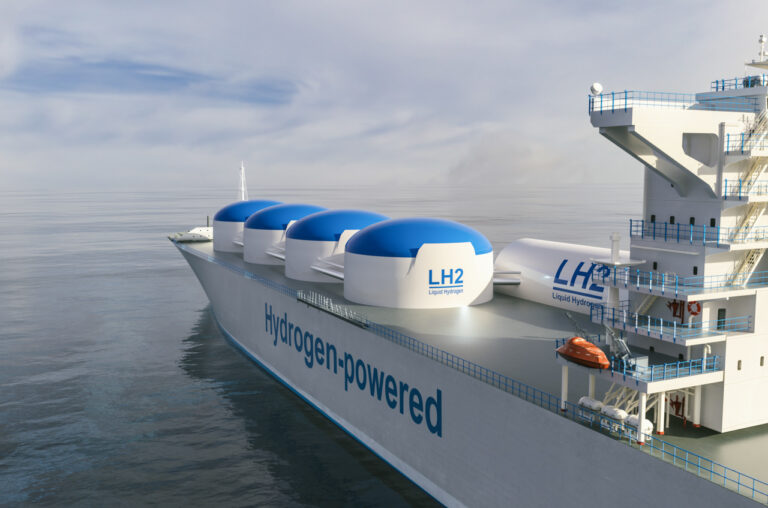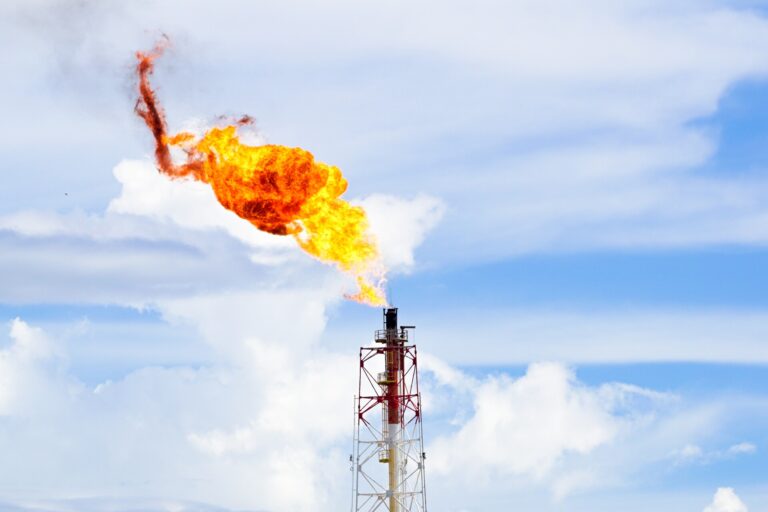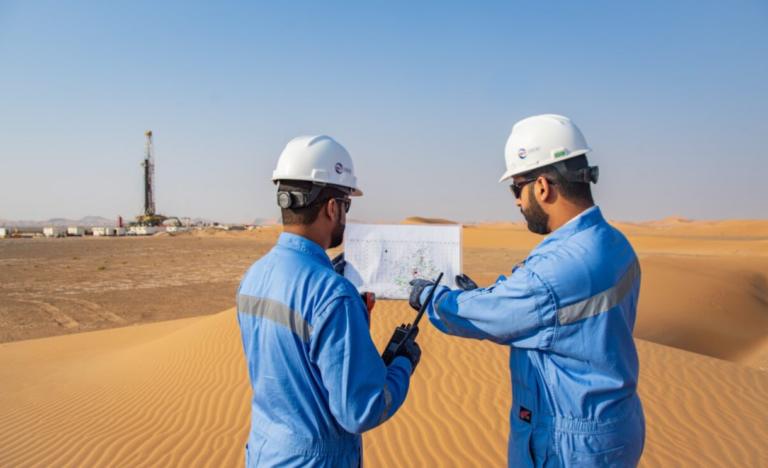The Methane Flaring Toolkit offers practical guidance on measuring and monitoring methane emissions from gas flares in the oil and gas industry. It provides a comprehensive overview of the challenges involved in understanding, measuring, and reducing methane emissions. The toolkit includes tailored technology solutions for different flare types and locations, and enables users to download or share case studies for deeper insights.
Methane Flaring Toolkit
The Methane Flaring Toolkit is a practical resource designed to help oil and gas operators understand, measure, and reduce methane emissions from flaring.
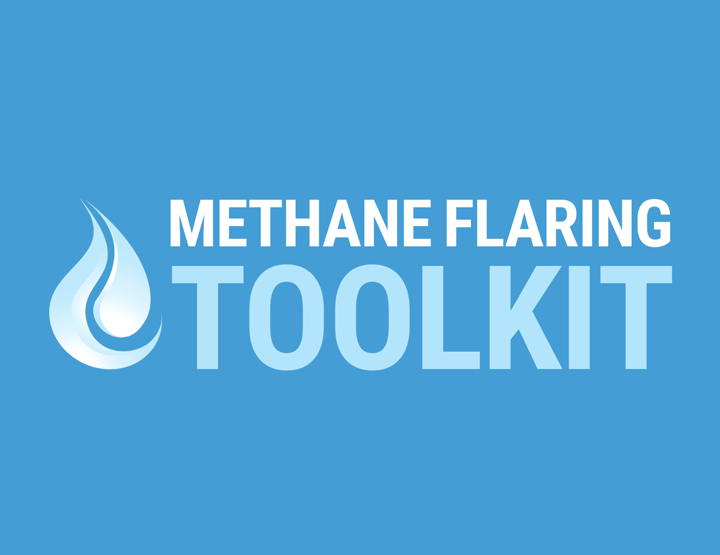
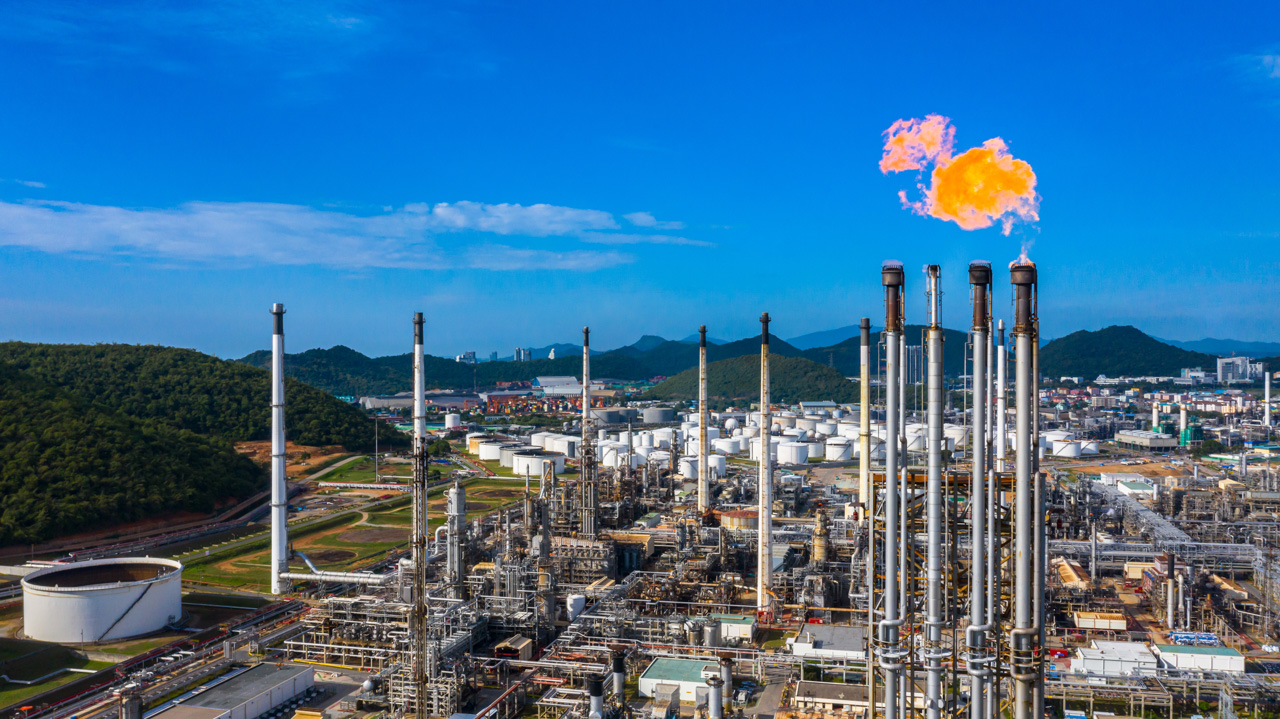
OGCI and its member companies do not assume any responsibility for the accuracy or reliability of any information offered by third-party websites linked though this site. The views expressed in the external content do not necessarily reflect those of OGCI or its member companies. See our Terms of Use.
Region
Global
Published
2024
Resource Type
Tools
Category
Methane abatement strategies
More info
Sub-Category
Operational guidance
Segment
N/A
Equipment
Flares
Related resources
This resource outlines the work and research conducted by EQT’s Production and Environmental teams to target low-cost opportunities for abating methane emissions from natural gas-driven
Ten-step roadmap for policymakers to implement methane policies for the oil and gas industry. Across these steps, the process of implementing a new regulation unfolds
MiQ has developed and launched the Gas Buyers Methane Emissions Calculator, a tool designed to help natural gas buyers assess the potential methane emissions reductions
Recently visited resources
The IEA’s gas flaring page reviews global flaring trends, environmental impacts, and reduction strategies. It discusses flaring’s role in greenhouse gas emissions and offers links
Brochure created by GasNaturally discussing methane emissions in Europe. It highlights the environmental impact of methane, O&G sources, and emission reduction strategies. The document also
This book highlights the business case for reducing gas flaring and methane emissions (FMR), offering a framework for policymakers to evaluate FMR project feasibility and
